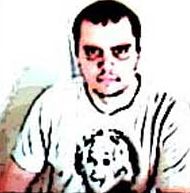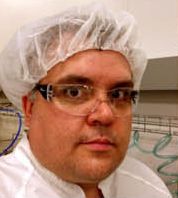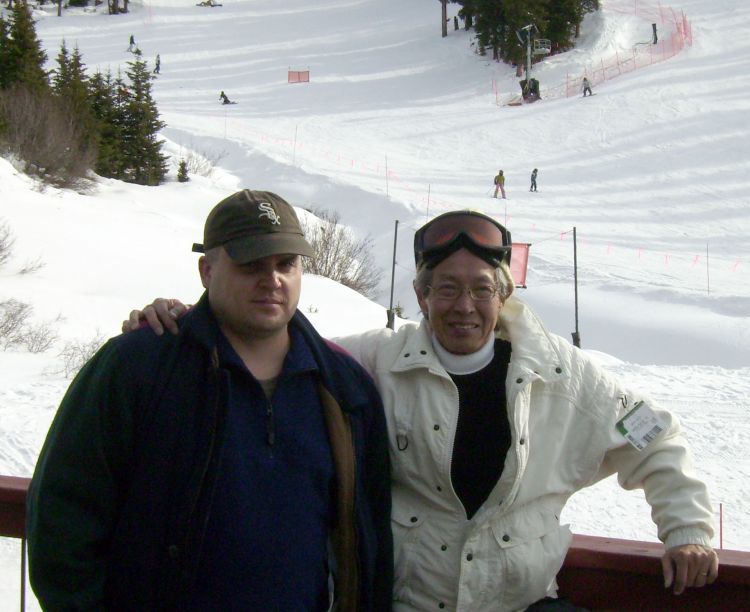My graduate research experience was a roller coaster ride that required me to hop off the ride a few times and fix the tracks.
At some point during their graduate research program, I think many students realize that the research they're doing won't amount to too much and will likely never be cited by others because it's mostly a small improvement over someone else's work.
Most master's level research theses, I believe, are poorly written essays that demonstrate your ability to perform research work of better than average quality and that you're ready to do well in the greater community beyond college. I was personally reserved to the idea that my masters research work wasn't very good largely because my master's advisor was an overt obstacle to any genuine avenues of thinking I had based on the results of the measurements I did with materials I had grown and developed. There is in fact, a hard copy of my master's research advisor's red-ink revisions in the margins that appeared to angrily shout at me "Why didn't you ask for this!?" knowing full well I had requested the item in question during a group meeting where its purchase was openly approved in front of everyone at the table, but then rejected in my advisor's office once I provided him with a completed purchase request form. He denied approving its purchase -- behind the closed door of his office. In short, my master's research program was fraught with the full range of complex obstacles and attacks no graduate should ever be exposed to. Once I had my masters thesis successfully defended, I had looked over my work to see what additional work I had done that I could spin into a doctoral thesis. A very conservative estimate of what more research measurements I needed, based on arguments I provided in my thesis, I was confident another year of research work and perhaps a second year to completely write it up and finish a PhD. That's when hell broke loose, so I fired my masters research advisor and sought out another professor who had asked me a year earlier if I needed a doctoral advisor he would be willing. The problem at this point was that I realized starting a new research program under a new professor was a time-consuming risk. In a sense, it's a question of being a trained monkey to do merely as you're told for another year or two to earn a banana, or be a human being with actual thoughts and spend the next four or five years letting your best-self shine through.
 I chose to roll the dice and won.
I chose to roll the dice and won.
After firing my masters research advisor, I sought out a new professor. I left behind a doctoral degree worth of innovative research in thin film transistor development, knowing that my masters research advisor quite literally had me following a fabrication recipe he stole from a late 1970s publication that he hid from me for five years even when I asked for it and could find it nowhere at the time. My new advisor gave me several pages of his own notes regarding five unique research projects from which I could choose to work on. This was a guy who was honest about science and engineering. I had chose a theoretical project that after several months led me down a mathematics rabbit hole of sort that my advisor loved but said the kind of work would not lead to a good job in industry. So we talked for hours across many days about many ideas he entertained over the previous few decades since his work at Bell Labs with (Nobel Laureate) Leo Esaki on superlattices and resonant tunneling.
By this time I was asking genuine questions about all things underlying the current scientific thinking about our physical universe. My advisor was known for really appreciating someone who dug deep into their thinking about science. He ultimately would come to introduce me to anyone he came across as "my deep thinker".
But, long story short -- my doctoral research made my masters research look like preschool. To see what I mean, have a look at my online MS Thesis and PhD Thesis. Oh, and come back to this page soon as I'll certainly tidy up this introductory page with some better content.
|
My doctoral advisor, Ray Tsu, was so proud of the work we did together, he tagged along for an interview lecture I gave at NIST in Boulder, CO, (2006/12/16). Here we are at A-Basin ski resort. |

